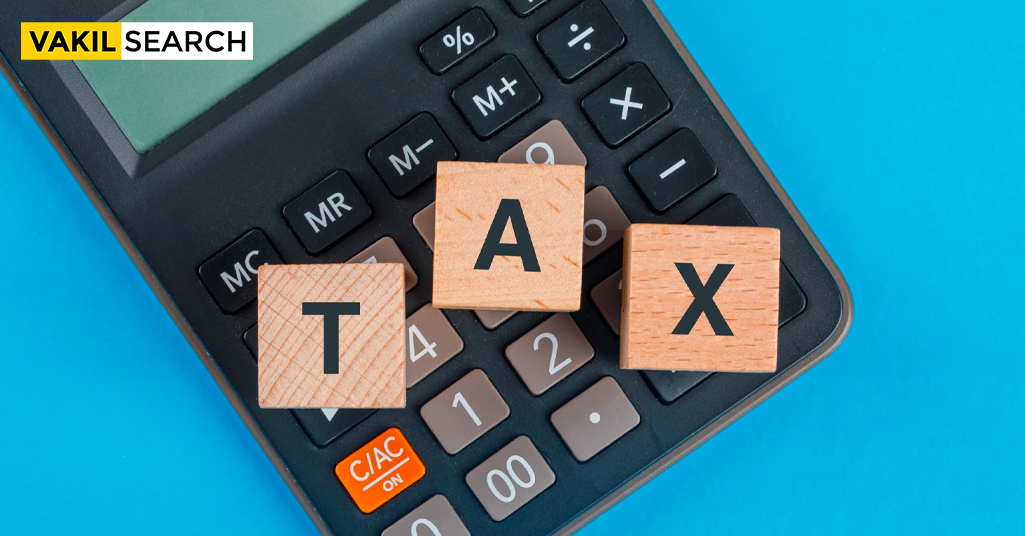In the Harmonized Master List of Infrastructure Sub Sectors, the Affordable Rental Housing Complex is added as a new item under the category of ‘Social and Commercial Infrastructure’ along with a footnote explaining what it is .
The Authority for Advance Ruling has ruled that payments made by foreign multinationals to expats in India will not be subject to service tax. As a result of the decision, MNCs that have been served with notices in similar cases can gain some relief.
It is urging the government to exempt medium and small service providers from service tax payments, according to the Bengal National Chamber of Commerce & Industry (BNCCI). The BNCCI specified that the threshold should be ₹ 10 lakh per year of turnover.
Under the central excise law, the government had issued an exemption notification for small scale industries (SSI) on March 1, 2003. In addition, it aims to provide certain relaxations to small businesses. In this notification, however, SSI is offered an incentive for economic growth. Exemptions for small businesses cannot be applied to all products, and the benefits are limited.
A detailed look at the small scale industries exemptions:
Eligibility for SSI exemption
In order for a business to avail of the Service Tax exemptions, it should have been registered with the State Directorate of industry and it must produce the certificate at the time of obtaining the exemptions. If the turnover of the previous year is to 400 lakhs, and it manufactures the products specified in the notification issued then it is eligible for the exemption.
Rate of duty
The Indian Government provides an exemption from duty if the turnover is ₹. 150 lakhs in the financial year. However, it means the excise duty would be payable if the turnover is more than 150 lakhs. Similarly, if the SSI entity had started up the business in a current financial year, then it is entitled to the benefit of the exemption for the current year as its previous financial year clearances are NIL, even with the fact that the industry has not started the operations.
The rate of duty would be NIL if the first clearance aggregate value is below ₹. 150 lakhs made on or after the first day of April in any fiscal year.
The rate of duty would be NIL if the clearance of the specified products is used as inputs for further manufacture of any specified goods within the factory. Moreover, it is for the production of the specific goods in the notification which issues for exemption.
Applicability of the Service Tax exemptions
- Products manufactured in rural areas
- Raw materials required for manufacturers
- Byproducts, account books, writing pads
- Manufacture of components
- Parts of any machinery
- Products having the brand name of NSIC, KVIC, SSIDC
Non-applicability of the Service Tax exemptions
Some of the products for which the exemptions are not applicable. They are tea, coffee, ice cream, stainless steel, watches, pistol, tobacco, etc..
Clubbing of clearances
The primary idea behind this is to avoid the creation of dummy units. However, in order to avail of the benefits under the central excise. This limit will be deliberated by considering the clearances of one manufacturer from a factory or more factories.
Cenvat credit
A cenvat credit is a credit in respect of central excise on inputs purchased for the manufacture or duty paid for the manufacture of the final product. The service provider shall not avail the cenvat credit of the tax paid on any input or input services used for providing the service for which the exemption has been availed. The service provider will not avail of the cenvat credit on capital goods received during the period. This, in which the exemption has been availed.
The aggregate value of turnover
The aggregate value not exceeding ₹. 10 lakhs means that the total of first consecutive payments received during a financial year towards the gross amount as prescribed under Section. 67. However, this does not include payments received which are exempted from the whole of the service tax. Indeed, it is under any other service tax exemption notification.
Moreover, if the service provider provides one or more services from one or more premises, the exemption shall apply to the aggregate value of all such services. Indeed, from all such premises and not separately for each premise or service.
Conclusion
Small scale service providers can avail of service tax exemption if their total turnover of taxable services does not exceed 10 lakhs in a financial year. This service tax exemption is available to service providers whose aggregate value of services does not exceed 10 lakhs in a financial year. As a result, he won’t be required to pay service tax.
Read more

